The icon behind Location, Location, Location and Love It or List It came and shot a show for TVNZ over summer. Duncan Greive could not believe his luck.
Even in person, Phil Spencer doesn’t seem real. He’s like a living fossil, a perfectly preserved specimen of linear TV’s glory days, when format shows ran for decades and the well never ran dry. He stands before me, miraculously, in the TVNZ lobby, with a rich, deep tan, the blazer, bearing and velvet voice of a kindly English uncle. While also being quite hot.
Spencer has looked the same and done the same job for 25 years, since being paired with the equally irresistible Kirstie Allsopp. The pair had both founded businesses in the same emerging niche: helping befuddled UK families figure out which homes they should buy. Some bright spark had the idea of turning it into a show, and Location, Location, Location was born. Each episode featured Spencer and Allsopp figuring out what a different family really, really wanted and engaging in extremely good-natured competition to find the perfect house for them, within area and budget.
The show became a ratings phenomenon, rolling for 37 (!) seasons and counting, launching spinoffs including Love it or List It (the same, but Kirstie remodels a house while Phil tries to find a new one) and Relocation Relocation Relocation (buying a city and country house – it ended due to becoming impossible).
Location became a widely exported format, but none touch the UK version due to the boundless charisma of the hosts. Both are megawatt stars in the UK, and the infinite syndication of the shows means that each is wildly wealthy, with Spencer living in a “sprawling” “pile” in Hampshire.
Still, the allure of other people’s houses remains potent, which is why he has travelled to New Zealand to spend a few weeks making a show for TVNZ entitled (in a clear nod to his audience power) NZ’s Best Homes with Phil Spencer. Poignantly, it replaces Sunday; all this happened before the cuts to the newsroom, before the $30m loss, before the very survival of linear TV became up for debate.
I’m married to a truly devout Kirstie and Phil fan, someone with a near-complete knowledge of their entire back catalogue, so I’ve seen a lot myself and thus couldn’t resist the opportunity to meet Spencer in person. To ask him odd, intrusive questions about his views on house price inflation and regulations around density. And some about the new show, of course. What follows is an edited and condensed conversation with one of the most irresistibly watchable men on television.
Duncan Greive: Are there lots of these geographically bound formats? Or is this a bit atypical for you?
Phil Spencer: No, this is new.
How does it feel to be out of your usual pattern?
Brilliant. Because I’ve made the same shows for such a long time. I made a few series in Australia, but that was 10-12 years ago. Much as I enjoy making them, actually to come and do something totally different, in a different part of the world, with different architecture, different lifestyles. It’s just a treat.
What’s the genesis of the show?
It is an opportunity to explore some of New Zealand’s very best homes. And meet either their architects or their owners or both. And in fact, quite a number of them are architect-owners. We have a look around the houses and talk about and learn what was in their mind. What were they trying to achieve? And appreciate the design or the craftsmanship that’s gone into them.
I’m not [Grand Designs’] Kevin McCloud, as much as I can appreciate good architects, I’m not an architectural snob. And this is not an architectural show. This is appreciating outstanding properties, but also trying to get a feel for why.
It’s quite a departure from Location or Love It or List It, in which part of the appeal is how relatable it is.
This is quite different. That’s very true. It is aspirational, yeah, but it’s kind of beyond. This is next level definitely. Which is why it’s a real privilege for me to have people open their doors and allow me to look around their amazing houses, but also for the audience to enjoy it with me. It is ‘yeah wow. Look at that.’
Since Location began, you’ve had this unique window into the personal stories and realities of people over this long period of time. What have you noticed through that window, about the sort of changing realities of people since you started?
It’s got very expensive now, to borrow money to buy property. But from a program perspective, I don’t think the price of the property has made any difference at all, because it is about the choice and the decision. I’ve never forgotten – I think it was the second series we made. In my business, I was looking after a client who was looking for a two bedroom flat and Chelsea for £2m. And we filmed Location that weekend, up in Bolton, North England – we were looking for a four bedroom house for £60,000.
We had this big discussion about, was it worth it? Could he find anything else with a better view, and commute. I put the phone down and it rang again, it was my client in Chelsea talking about two million quid and he said, the view’s just not quite right out the back bedroom and the commute’s just not quite right. And it’s always stuck with me. It’s not the sum of money. What is really important is to make that decision with the sum of money that you had.
Still, I sense with that combination of near-zero interest rates and the constraints on house building, there’s almost a sense of despair among young people about ever being able to do the thing that you’ve spent 25 years showing so beautifully on the shows.
What’s happened in the last few years is really tough to watch. The cost of living has gone up. And the price of rent has gone up. And the requirements of the banks for deposits have gone up. So it becomes ever harder for people to say, well, they’re paying more rent, they’re costing more to get to work and eat. And yet, they need a bigger deposit. So it’s just becoming harder.
Are you ever tempted to get involved politically? The show is on some level, apolitical. But that sense of constrained supply of housing – it’s a story in the US, in the UK, in New Zealand. Do you have opinions in that space? Like, do you advocate for anything?
I do have opinions. But I’m not the housing minister. And I haven’t got solutions. It’s difficult. I’m not a fan of waving a stick and going, this is all wrong unless you’ve got solutions. Whereas Kirstie loves to wade into the debates.
In my honest opinion, in the UK – I don’t know if it’s the same here – the UK housing market is broken. And that is as a result of short term policies. Because politicians, by their very nature, focus on the short term. And a load of short term policies do not make a sensible, rational, functioning housing market. So we’ve got ourselves in a real pickle.
Let’s get back to your relationship with Kirstie. It’s such a beautiful thing, the way it is expressed on screen. Did it come out of the box like that?
We like each other. We enjoy working together. We hang out, we share businesses together. And that comes across on screen. I think because we met on the screen test, it’s fair to say people watching the show have watched us become friends, have watched us get to know one another, get comfortable with one another. They’ve watched us get upset with one another and get grumpy and hug one another and cry and you know, it’s a friendship. Yeah. And I guess maybe people aren’t used to watching a platonic friendship on television. That’s at the heart of it.
NZ’s Best Homes with Phil Spencer airs on TVNZ at 7.30pm on Sundays and on TVNZ+










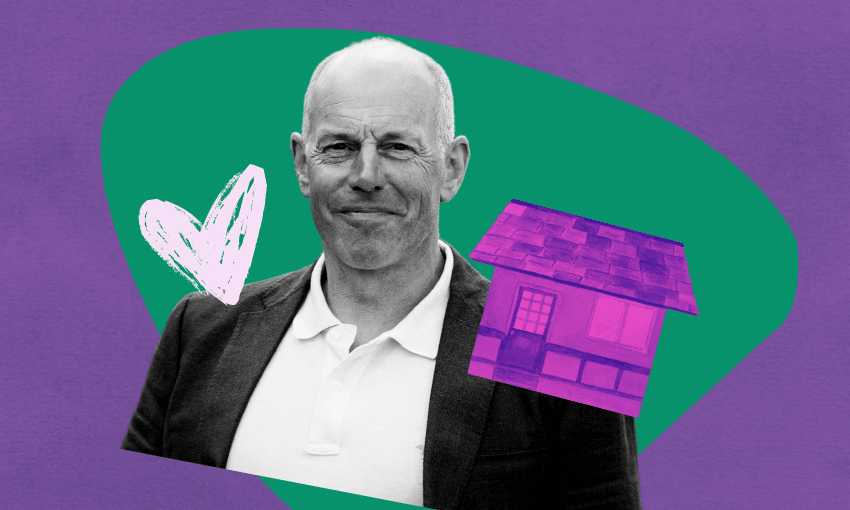
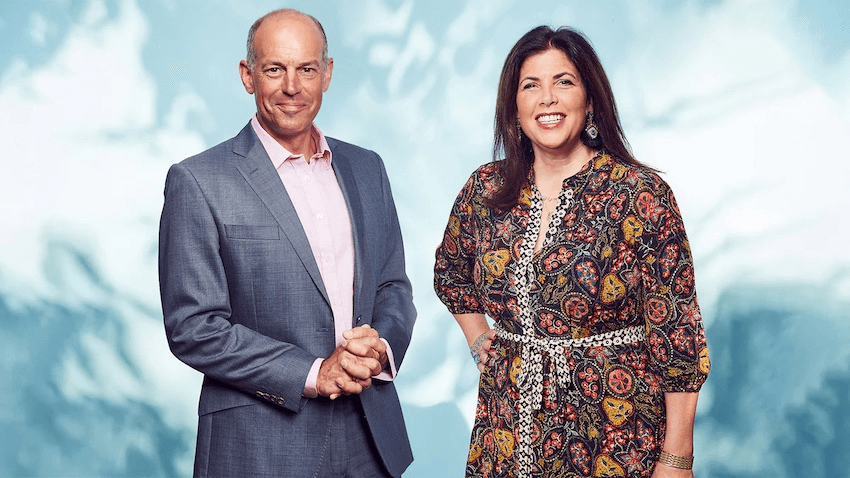
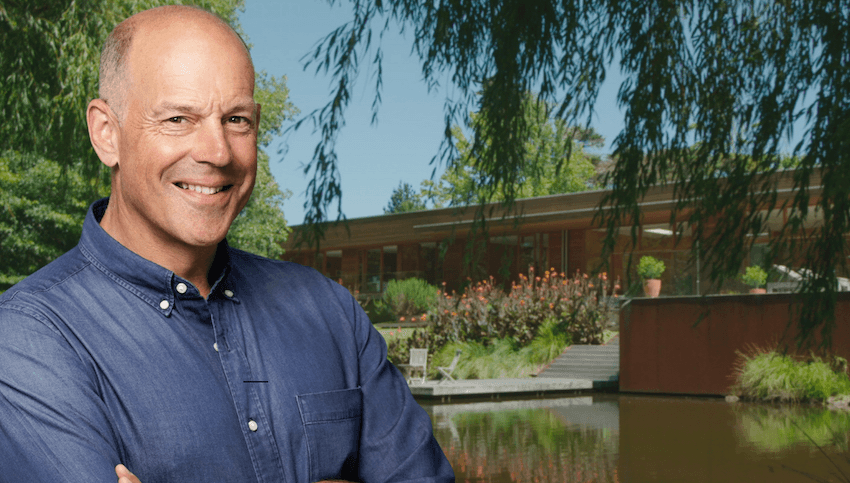
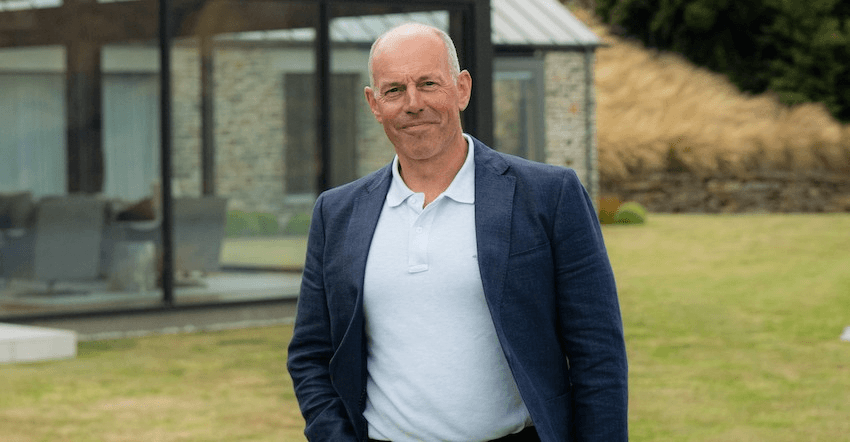


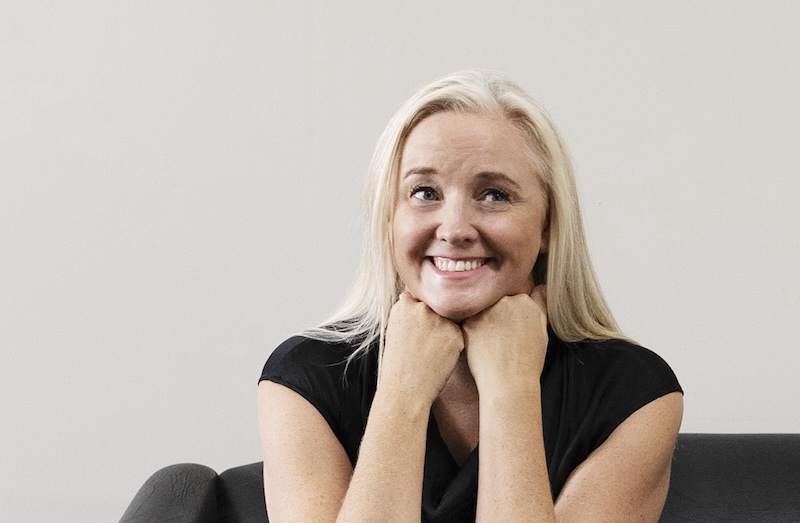
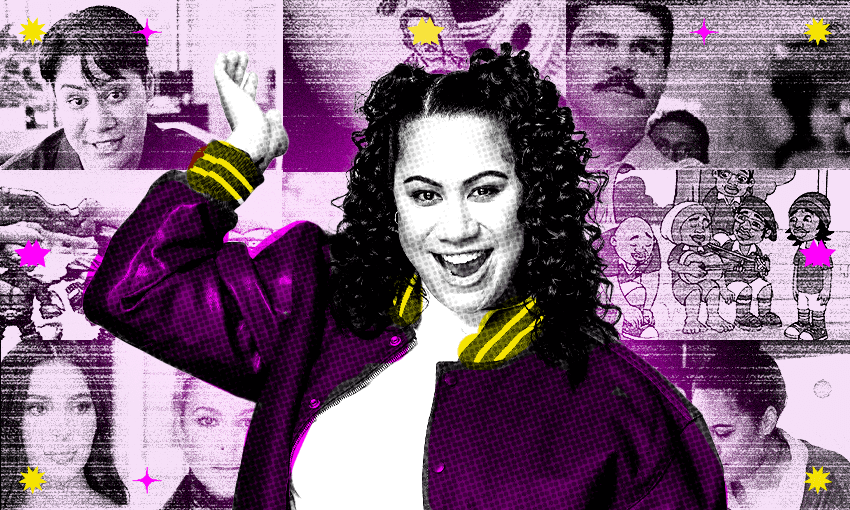



.png)


Discussion about this post